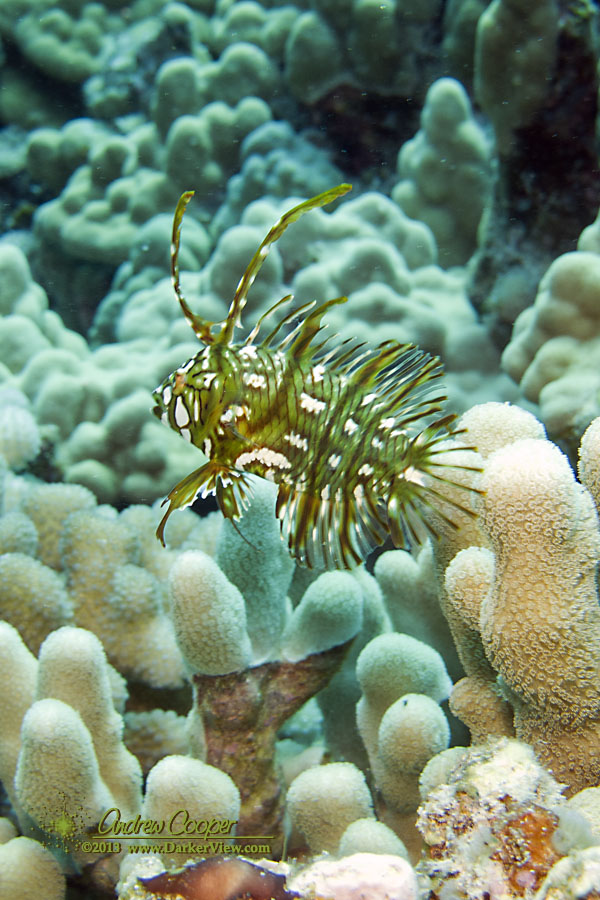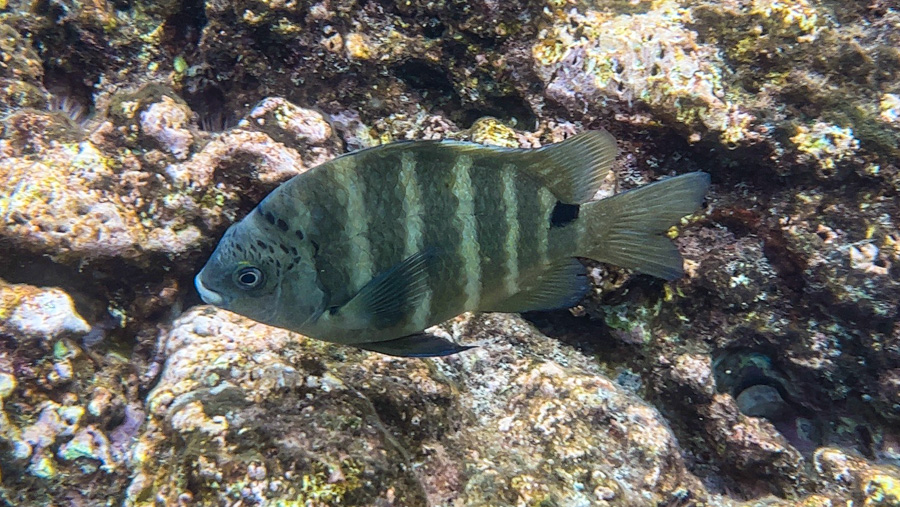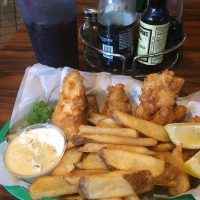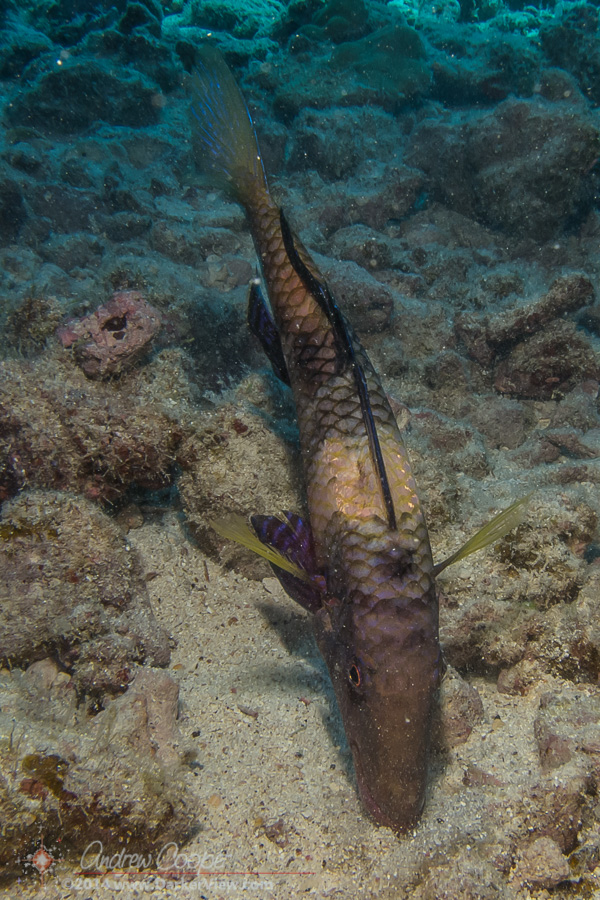
Rockmover Wrasse

When you want to see the stars, find someplace dark


While the British may have originated the dish, they did not perfect it.

I tried little shops in fishing ports and beach-side resort towns, I had fish and chips in pubs and from London street vendors. I went out of my way for the proper dish, one of my favorites since I was very young.
Among the tribes of the coastal northwest there is a ceremony that surrounds the first fish of the season. These ceremonies might vary from tribe to tribe, from family to family, but every tribe had such a ceremony.
Life once depended on the yearly return of salmon to the rivers and streams each summer. For bears, eagles, and humans the annual bounty of salmon provided the nourishment that would see them through the long winter. The forest itself benefits from the nutrients carried from distant seas into the trees where the salmon would spawn and die.
Upon catching the first salmon of the season the tribe will stop and celebrate. They celebrate the life of the fish, they celebrate the cycles of the natural world, they celebrate their connection with nature. Some protocols insist that the first fish be released, to continue upriver to spawn, to ensure the salmon continue to return each summer.
That one idea is the critical bit, our connection with nature. Any fisherman understands that he takes from the natural world. A good fisherman stops and considers what he takes. He takes only what he needs to feed his family. This is the entire point of the first fish ceremony, it serves to educate the community in the act of taking, to limit what you take to what the environment can provide.
I grew up in a hunting and fishing family, where a considerable portion of our food came from what my father caught or shot. Be it elk, deer, ducks, razor clams, or smelt, so many of my childhood memories center around the capture, preparation and storage of food… Chopping, packaging and freezing an elk was a serious amount of labor for the entire family.
Continue reading “First Fish”Some great dive video from Mark, a fellow Keck engineer and dive buddy…
The fish did not seem too concerned at my presence, or perhaps it was taking advantage of my being there. It was rooting about in the cave rubble, using its sensitive barbels to detect prey under the debris and sand. As I watched it would slowly sweep over the rubble, then suddenly and vigorously rummage about in a cloud of sand. I could not see if the fish was having any success, but it was interesting to watch.
So often fish and other marine creatures will modify their behavior when a diver is present. It is always interesting when you run across something continues on despite being watched. It is worth a few minutes of air to sit and observe, sit and learn.
